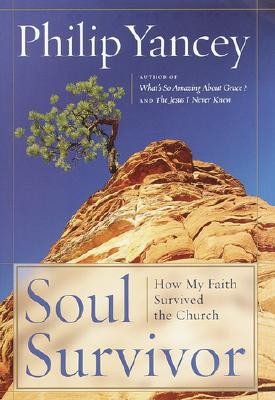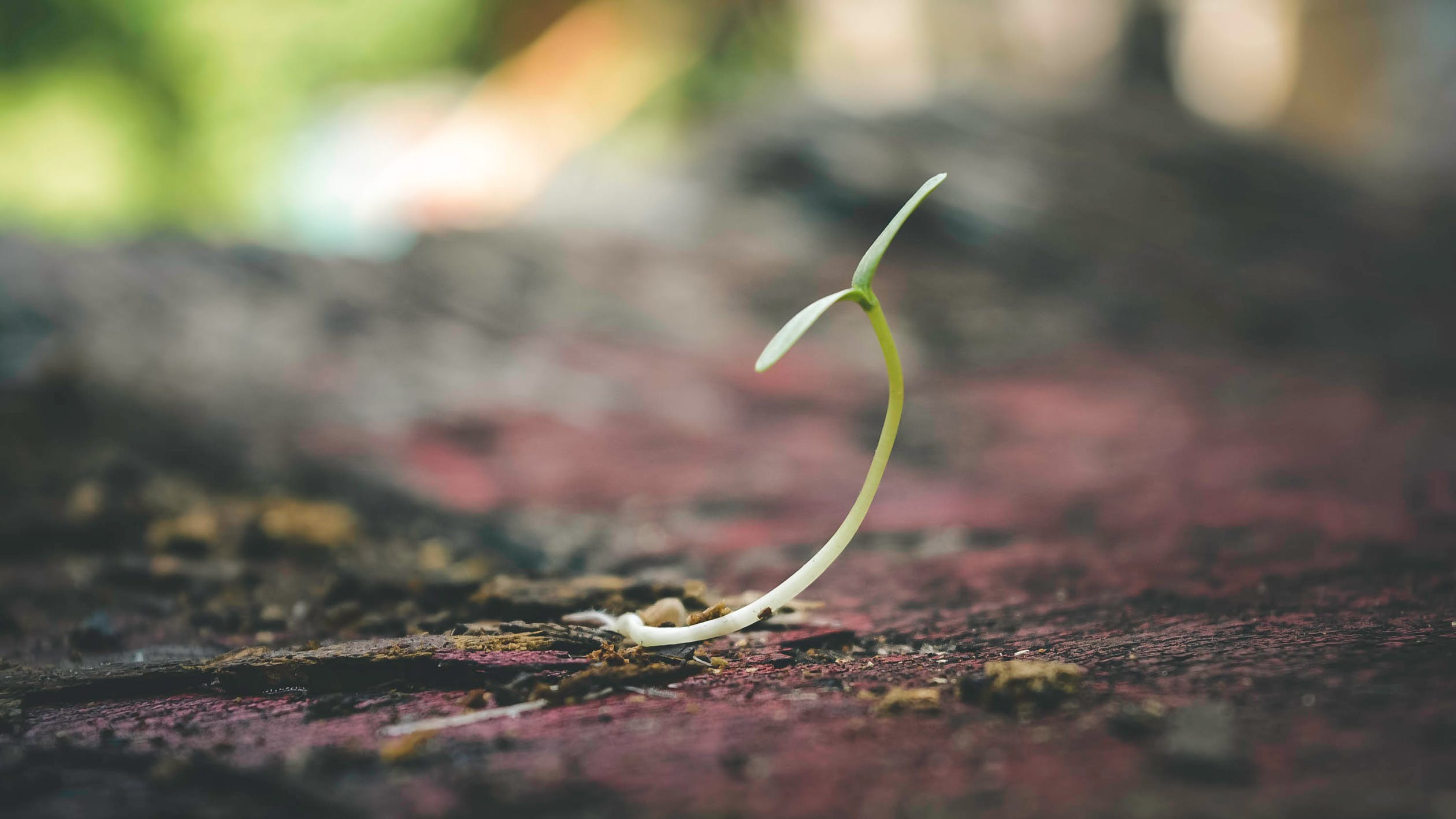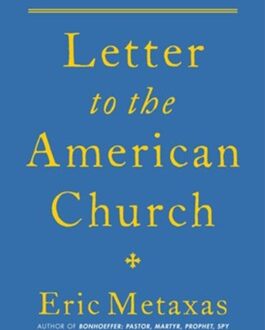Scratching the surface
The girls and I visited Ithaca’s Museum of the Earth today. We saw any number of amazing fossils, found and identified some of our own with the help of a wonderful museum docent, and learned how specimens are prepared. We saw the skeleton of a right whale, one of less than 400 still in existence, killed by tangled fishing line. And we saw the Hyde Park Mastodon, dug up in someone’s back yard pond in Dutchess County.
There is so much that occurred before humans even arrived on the scene. We think of ourselves as so terribly central and powerful. But more than one thriving ecosystem, and more than one mass extinction, had left their signatures on the earth before we came to be.
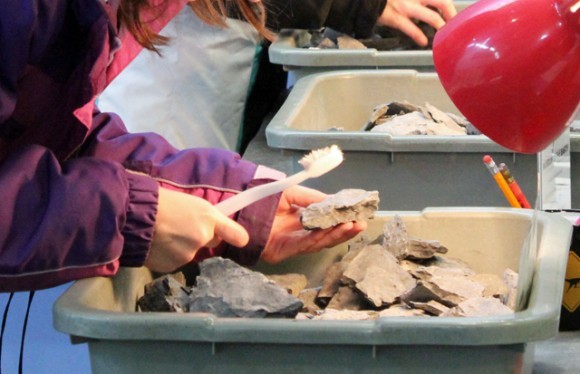 I stood there, imagining how the ground on which I stood was once covered by ocean. And I wondered how the war between science and faith ever started, and how it has gained such traction. The two fields of knowledge address such different questions.
I stood there, imagining how the ground on which I stood was once covered by ocean. And I wondered how the war between science and faith ever started, and how it has gained such traction. The two fields of knowledge address such different questions.
I hesitate here, because I know this can be a divisive subject. But for myself, I don’t see how evolution is necessarily incompatible with my belief in God as the Creator. The idea of theistic evolution described in The Language of God seems plausible to me. The Genesis story describes a creation that takes place in stages, with humanity at the end of one story — and the beginning of another.
But there are other questions I find more troubling than the natural processes — the ones that have to do with God’s personal nature, and his love for his creation, and for us.
On the one hand, it’s easy to see how humankind is distinctive among species — distinctive in our self-consciousness, and our ability to speculate and create and alter the environment. One principle in the Genesis story is that this uniqueness makes us at once godlike (“made in His image”) and responsible. We are, for better or for worse, important in the grand scheme of things.
But on the other hand, it’s difficult to feel significant, standing there among the rocks, contemplating how very old they are. It’s difficult to imagine God as a personal, caring father if indeed he watched the earth suffer, more than once, and be nearly purged of life on a massive scale. It’s difficult to look at a t-rex tooth, so obviously made to tear the flesh of other animals, and then blame the much-later fall of man for predation and death.
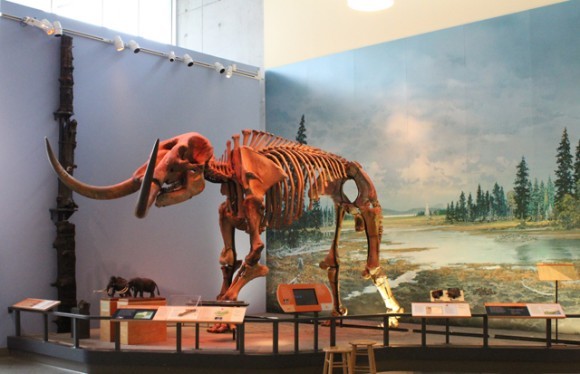
What story would these silent eras tell? Much is said about the fossil record “telling the story.” But it gives us only a summary, only the general course of events. What was it all for? What was the relationship of Creator to creation?
At the least, I am reminded of this: we can be too familiar, too casual, too confident in the assertions we make about mysteries. This is true of those scientists who say with a bold wave of the hand, “God? Of course not.” But Christians can do our share of over-reaching, too.
When I was in high school, Larry Norman had a song called “UFO.” “If there’s life on other planets,” Norman confidently declares,
then i’m sure that He must know
and He’s been there once already
and has died to save their souls
Hm… Really? Whole universes of theology, entirely unsupported, deftly swept into a tidy verse. It’s an extreme example from a more innocent time of the glibness we can have.
I feel more comfortable with Job when he acknowledges to God,
2 “I know that You can do everything,
And that no purpose of Yours can be withheld from You.
3 You asked, ‘Who is this who hides counsel without knowledge?’
Therefore I have uttered what I did not understand,
Things too wonderful for me, which I did not know.
All in all, it’s good to ponder the “things too wonderful” that we saw today. I’m glad to be reminded that we live with questions. Even if they are not necessarily comfortable ones.

